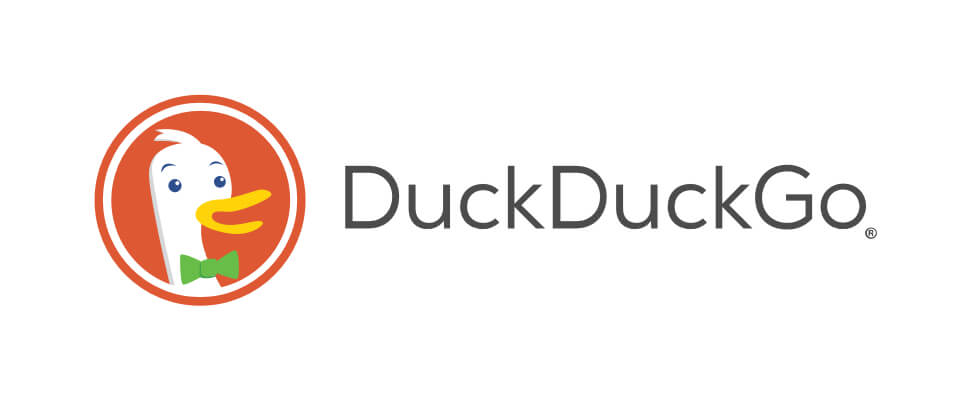Part of the price of being popular is being a target. And as we enter 2020, Google is certainly a big target for privacy advocates, who are uncomfortable with the amount of personal data that the master of the search world collects. And when privacy advocates talk about Google, they mean more than Google.com – there’s also Google Maps, YouTube, and a host of other Google-owned properties to consider. Amid the ongoing discussion about Google’s size and reach, search engine DuckDuckGo has emerged as an alternative for privacy advocates. DuckDuckGo is cast as an underdog and defender of personal privacy, partly because of how the company positions itself (“privacy, simplified”) and partly because of DuckDuckGo’s operating model (DuckDuckGo does not store personal information, follow users around with ads, or track users).
What, exactly, is DuckDuckGo, and how big is it? Let’s tackle these and other questions we’ve been getting from clients.
What Is DuckDuckGo?
Founded in 2008, DuckDuckGo is a search engine whose claim to fame is protecting user privacy. DuckDuckGo does not store IP addresses or log user information; and DuckDuckGo uses cookies only when required. The search engine also markets itself with a bit of cheek (according to its website, “At DuckDuckGo, we don’t think the Internet should feel so creepy and getting the privacy you deserve online should be as simple as closing the blinds”) and defiance (“Too many people believe that you simply can’t expect privacy on the Internet. We disagree and have made it our mission to set a new standard of trust online”).
Think of DuckDuckGo as an alternative search engine for those who want to maintain a brick wall of privacy between themselves and the digital world when they search.
How Big Is DuckDuckGo?
DuckDuckGo accommodates 1.5 billion searches a month with nearly 15 billion searches conducted in 2019. By contrast, in 2019, Google accommodated 2 trillion searches a day. Although DuckDuckGo is tiny by comparison, the search engine is growing. Those 15 billion searches represent a 60 percent increase over 2018 (9.2 billion) and nearly a tripling of 2017 searches (5.9 billion). Clearly, DuckDuckGo is catching on – with a small segment of the population, yes, but a growing on.
How Does DuckDuckGo Make Money?
DuckDuckGo makes money through advertising and affiliate marketing. Just because DuckDuckGo protects your privacy, it doesn’t mean DuckDuckGo offers ad-free search results. If a user searches for, say, “vinyl records near me,” DuckDuckGo returns advertisements based on the keyword search. But DuckDuckGo does not track or use a person’s data after the search is completed. In addition, DuckDuckGo earns affiliate marketing revenue from sites such as from Amazon and eBay. When users buy something on those sites after reaching them through DuckDuckGo, DuckDuckGo collects a commission. For more insight about advertising on DuckDuckGo, check out this link from the company.
Is DuckDuckGo Reliable?
Your mileage may vary. The search engine has been called out for lacking certain functionality available on Google and Bing, such as custom date ranges. And to be sure, Google provides an interconnected universe of properties (Google.com and Google Maps being a good example). But DuckDuckGo is building out its functionality. For instance, you can do location-based searches through an integration between DuckDuckGo and Apple Maps. The best way to test it is to try it.
Should I Advertise on DuckDuckGo?
Businesses with a limited budget should focus on the properties where they’ll get the most bang for the buck, and without question there are bigger alternative such as Google and Bing that provide much more ad visibility. One of DuckDuckGo’s challenges is that the site itself requires a bit of word of mouth for people to find. But that said, businesses might want to consider DuckDuckGo for discretionary ad spend targeting a smaller privacy-conscious segment of the population. According to research from SimilarWeb, loyal users of DuckDuckGo love tech, and they use DuckDuckGo as an alternative because they’re concerned about having their privacy protected while they search online. If that’s the type of audience for you, consider DuckDuckGo.
Contact True Interactive
To make online advertising work for you, contact True Interactive. We’re an independent agency that optimizes branded interactions to drive traffic and increase sales.
